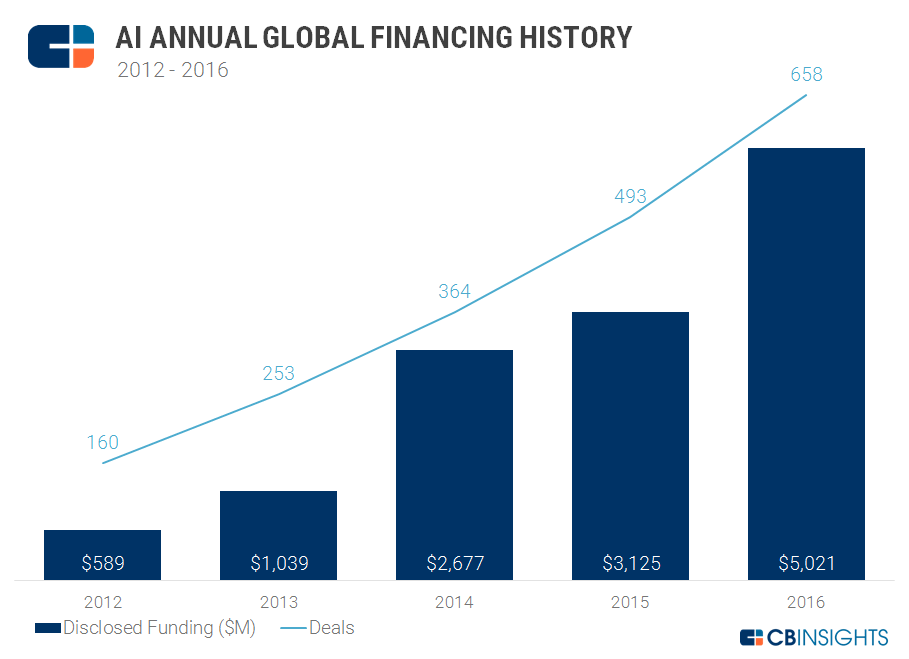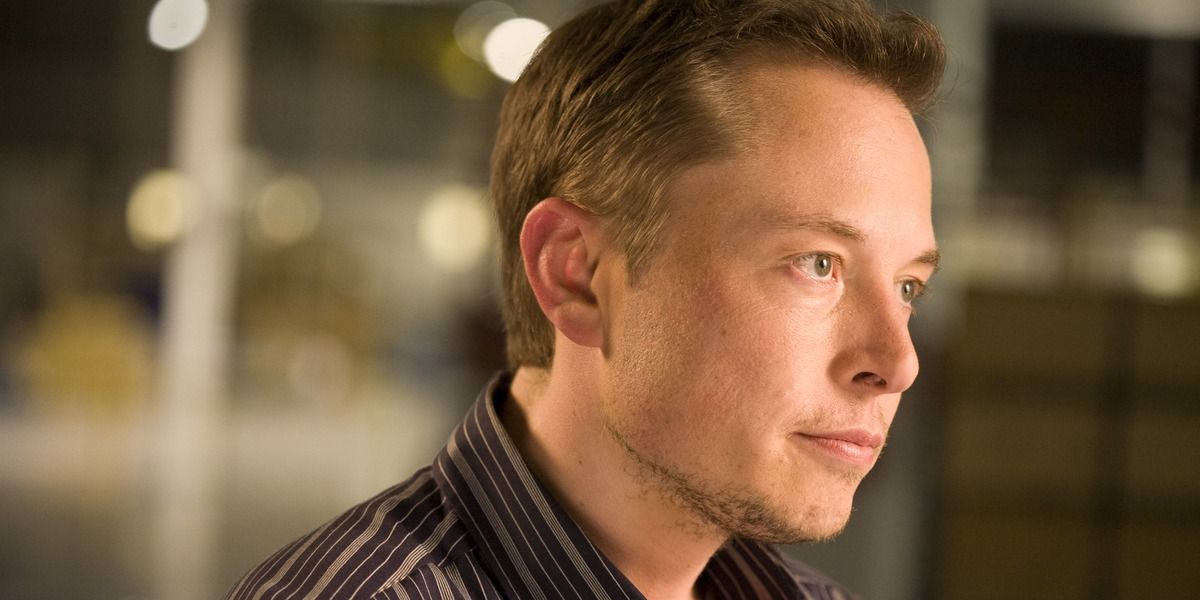Will they teach humanities?
Some experts have suggested that autonomous systems will replace us in jobs for which humans are unsuited anyway — those that are dull, dirty, and dangerous. That’s already happening. Robots clean nuclear disaster sites and work construction jobs. Desk jobs aren’t immune to the robot takeover, however — machines are replacing finance experts, outperforming doctors, and competing with advertising masterminds.
The unique demands placed on primary and secondary school teachers make this position different from many other jobs at risk of automation. Students all learn differently, and a good teacher must attempt to deliver lessons in a way that resonates with every child in the classroom. Some students may have behavioral or psychological problems that inhibit or complicate that process. Others may have parents who are too involved, or not involved enough, in their education. Effective teachers must be able to navigate these many hurdles while satisfying often-changing curriculum requirements.
In short, the job demands that teachers have nearly superhuman levels of empathy, grit, and organization. Creating robotic teachers that can meet all these demands might be challenging, but in the end, could these AI-enhanced entities solve our most pervasive and systemic issues in education?







